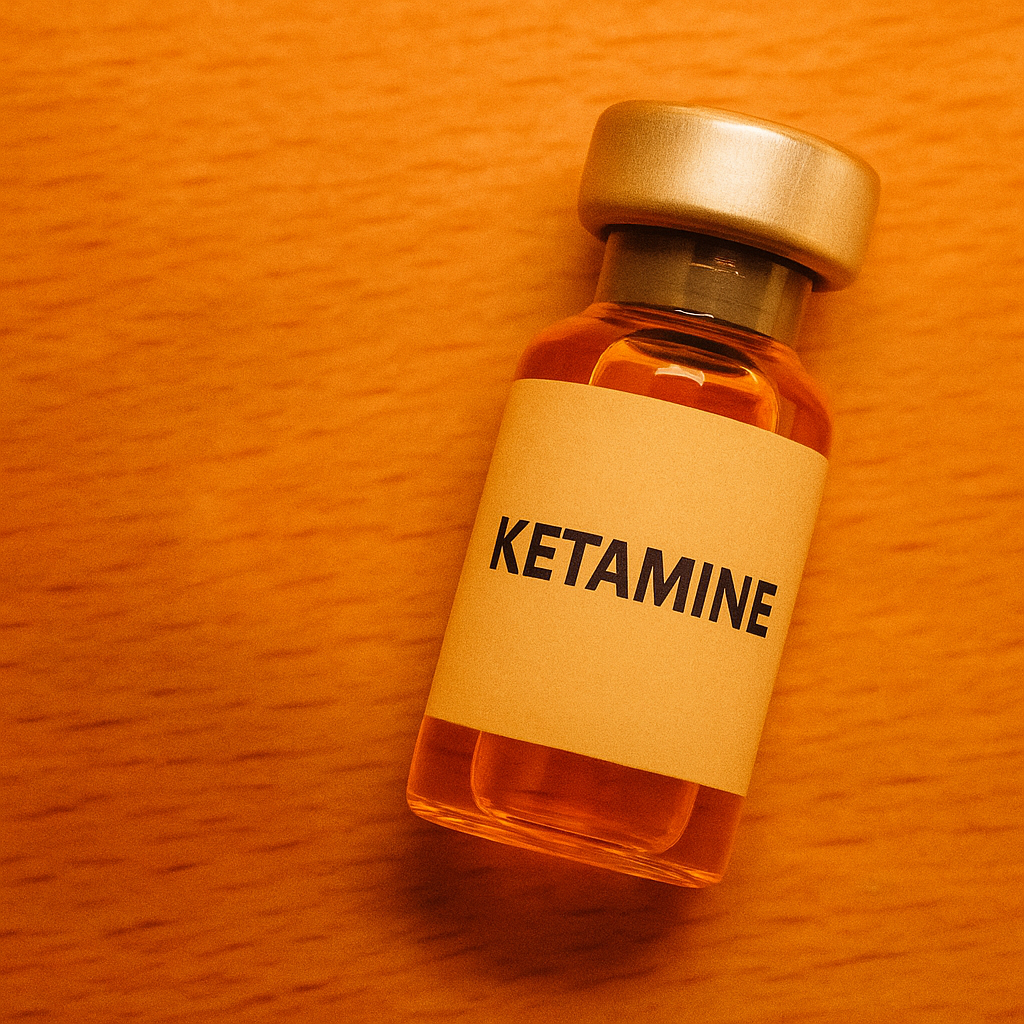What is Ketamine-Assisted Psychotherapy?
Ketamine-assisted psychotherapy (KAP) is an emerging mental health treatment that blends the medical use of ketamine with therapeutic guidance. Once known primarily as an anesthetic, ketamine has now become a groundbreaking option for individuals struggling with conditions that have not responded to traditional approaches such as treatment-resistant depression, chronic anxiety, and PTSD.
In this guide, we’ll explore what KAP is, how it works, what to expect, and why it’s being recognized as a mental health innovation. Whether you’ve been searching for holistic medicine near me or want to better understand new therapeutic tools, KAP may provide insights and hope.
Understanding Ketamine in Therapy
Ketamine is a dissociative anesthetic first approved for medical use in the 1970s. Over the past two decades, research has shown that in low, controlled doses, it can rapidly reduce symptoms of depression and other mood disorders. Unlike antidepressants that may take weeks to work, ketamine often produces relief within hours.
When used in ketamine-assisted psychotherapy, the medication is administered alongside talk therapy, allowing patients to access thoughts, memories, and emotions in unique ways. This combination can make therapy more effective by reducing mental barriers and promoting openness.
Why Ketamine-Assisted Psychotherapy is Different
Traditional therapy can be effective, but it sometimes feels slow or stalled for people dealing with deeply rooted trauma or chronic depression. KAP stands out because:
Faster Relief: Patients often notice a positive change within the first few sessions.
Neuroplasticity Boost: Ketamine promotes brain rewiring, helping people form healthier thought patterns.
Deeper Emotional Access: The dissociative effects may help patients approach difficult topics without overwhelming anxiety.
This approach isn’t just about symptom reduction it’s about long-term emotional healing. People seeking holistic treatment often find that KAP aligns with their values of addressing mind, body, and spirit together.
Conditions Ketamine-Assisted Psychotherapy May Address
While research is ongoing, KAP has shown promise in treating:
Treatment-resistant depression
Generalized anxiety disorder
Post-traumatic stress disorder (PTSD)
Obsessive-compulsive disorder (OCD)
Bipolar depression (with caution)
Chronic pain syndromes
By supporting both the chemical and psychological aspects of mental health, KAP can help patients break free from patterns that may have felt unchangeable.
How a KAP Session Works
KAP sessions are usually conducted in a safe, comfortable setting under medical supervision. A typical process includes:
Assessment: Before treatment begins, the patient undergoes a medical and psychological evaluation.
Preparation: The therapist helps set goals for the session, discussing intentions and possible experiences.
Ketamine Administration: Ketamine may be given orally, intranasally, or intravenously at a low dose.
Therapy Session: While under the influence of ketamine, the therapist provides guidance and support.
Integration: After the effects wear off, the therapist helps the patient process insights gained.
This structure ensures both safety and emotional grounding.
The Science Behind Ketamine’s Effects
Ketamine interacts with the brain’s NMDA receptors, influencing glutamate levels—an important neurotransmitter for learning and memory. This creates a surge of brain activity that fosters neuroplasticity the brain’s ability to form new connections.
For individuals with treatment-resistant depression, ketamine may help “reset” thought patterns and open the door for therapeutic breakthroughs. This is one reason it’s being called a mental health innovation.
Integrating KAP into a Holistic Wellness Approach
Many patients find that KAP works best as part of a broader wellness plan that includes mindfulness, nutrition, physical activity, and emotional support. Combining these approaches creates a strong foundation for mental well-being.
For those exploring alternative healing paths, KAP complements other holistic medication and wellness methods by addressing both biological and psychological needs.
Who is a Good Candidate for KAP?
KAP is not for everyone. Good candidates often include:
Individuals with depression unresponsive to multiple treatments
People struggling with severe anxiety or PTSD
Those open to combining medical and therapeutic approaches
Adults without contraindicating medical conditions
Your therapist or mental health provider can help determine if KAP is right for you.
Safety and Possible Side Effects
Ketamine is generally well-tolerated when used in a clinical setting, but potential side effects can include:
Mild dissociation
Nausea or dizziness
Temporary changes in perception
Increased blood pressure
These effects typically resolve within an hour or two. Clinical monitoring ensures your safety throughout the process.
The Future of Ketamine-Assisted Psychotherapy
As more research emerges, KAP may become a widely accepted option for mental health care. It represents a shift toward personalized, faster-acting, and holistic treatments that prioritize the patient’s experience and agency.
If you’re considering this therapy and want to learn more, you can contact us to discuss your options with a professional who understands both the science and the human side of care.
Conclusion
Ketamine-assisted psychotherapy blends the best of medical innovation with therapeutic support, creating a powerful tool for those struggling with treatment-resistant mental health conditions. By promoting neuroplasticity, emotional openness, and deeper healing, KAP offers hope where other approaches have fallen short.
Whether you’re searching for holistic medicine near me, interested in exploring holistic treatment options, or want to better understand how holistic medication can complement your wellness journey, KAP provides a safe, evidence-based path forward.
FAQs
1. What is ketamine-assisted psychotherapy?
Ketamine-assisted psychotherapy (KAP) is a therapeutic approach that combines the use of low-dose ketamine with guided psychotherapy sessions to help treat conditions like depression, anxiety, and PTSD.
2. How does ketamine help in mental health treatment?
Ketamine works by rapidly increasing glutamate activity in the brain, which can help form new neural connections, improve mood, and reduce symptoms of treatment-resistant depression.
3. Is ketamine-assisted psychotherapy safe?
When administered in a professional setting under the care of trained clinicians, KAP is considered safe. Side effects are generally mild and temporary.
4. Who is a good candidate for ketamine-assisted psychotherapy?
KAP is often recommended for individuals with treatment-resistant depression, anxiety disorders, PTSD, or other mental health challenges that haven’t responded well to traditional therapy or medications.
5. How many sessions of ketamine-assisted psychotherapy are needed?
The number of sessions varies depending on individual needs, but many treatment plans involve an initial series of 4–6 sessions, followed by periodic maintenance sessions if needed.
